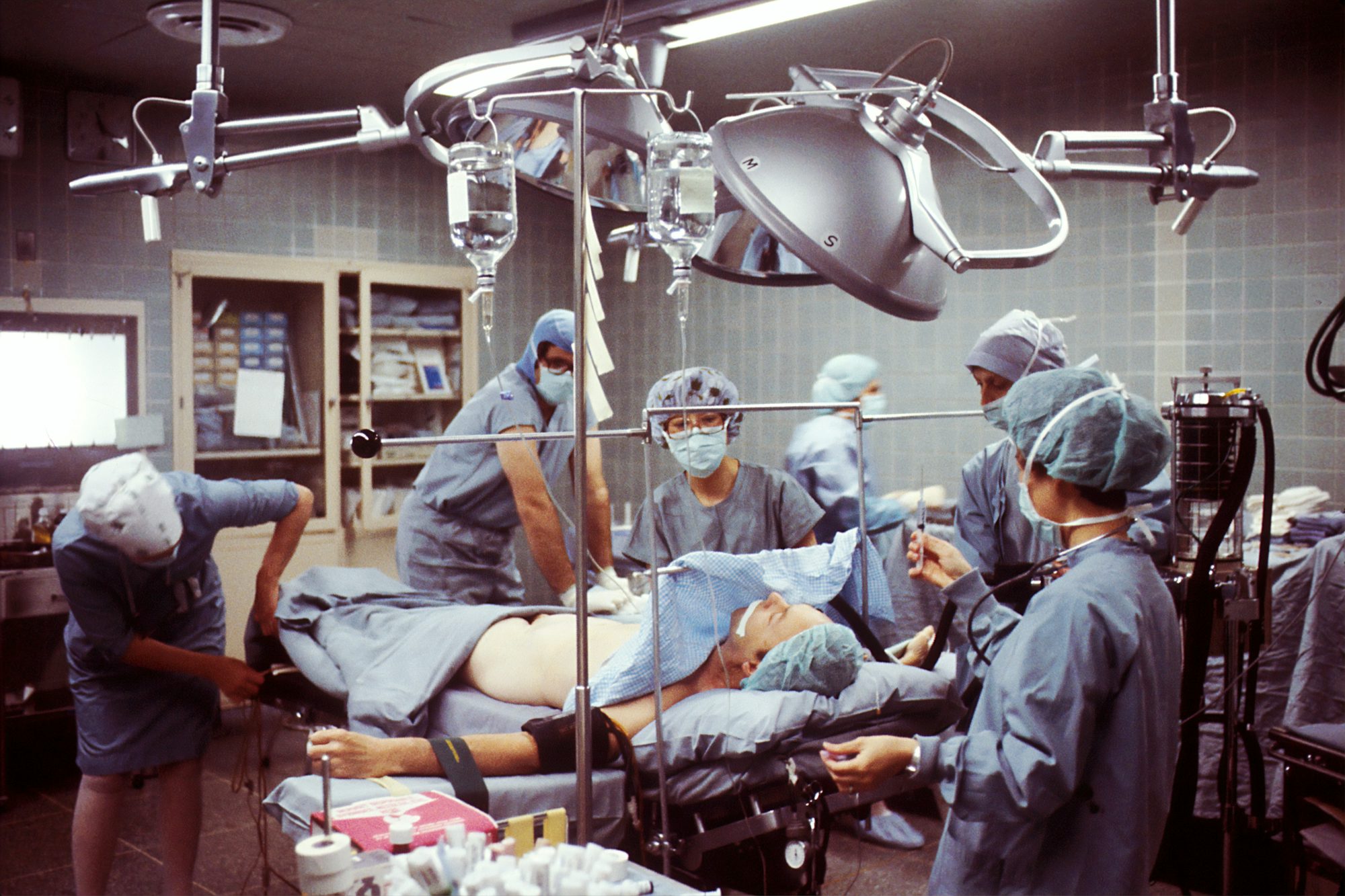
Navigating Preventive Healthcare: The Importance of Regular Check-Ups diabetic retinopathy
Preventive healthcare is a fundamental aspect of maintaining overall health and well-being. It involves proactive measures taken to prevent illnesses before they arise, rather than waiting to address health issues as they occur. One of the key components of preventive healthcare is regular check-ups, which serve as vital opportunities for individuals to assess their health status, discuss concerns with healthcare providers, and receive necessary screenings and vaccinations. This article delves into the importance of regular check-ups, the benefits they offer, and how individuals can make the most of their visits to healthcare providers.
Regular check-ups are essential for several reasons. First and foremost, they provide an opportunity for early detection of potential health issues. Many conditions, such as high blood pressure or elevated cholesterol levels, may not present noticeable symptoms in their early stages. During routine check-ups, healthcare professionals can conduct necessary tests to identify these issues before they develop into more serious problems. Early intervention is often key to effective management and treatment, which can lead to better health outcomes.
In addition to early detection, regular check-ups also serve as a platform for health education. During these visits, healthcare providers can discuss lifestyle choices that impact health, including nutrition, exercise, and stress management. This education empowers individuals to make informed decisions about their health and encourages them to adopt healthier habits. Furthermore, providers can tailor their advice based on the individual’s unique health profile, ensuring that recommendations are relevant and actionable.
Vaccinations are another critical aspect of preventive care discussed during check-ups. Staying up-to-date with immunizations is essential for protecting individuals from preventable diseases. During routine visits, healthcare providers can review vaccination history and recommend any necessary updates. This is particularly important for children, who require a series of vaccinations to build immunity as they grow.
Moreover, regular check-ups create an environment for open communication between patients and healthcare providers. Establishing a rapport with a provider fosters trust, making individuals more comfortable discussing their health concerns. This communication is crucial for addressing any worries or symptoms that may not seem significant but could indicate underlying issues. A strong patient-provider relationship also enhances continuity of care, as providers become more familiar with patients’ health histories over time.
To maximize the benefits of regular check-ups, individuals should come prepared for their appointments. Keeping a record of any health changes, concerns, or questions can facilitate productive discussions with healthcare providers. Additionally, individuals should be proactive about scheduling check-ups, adhering to recommended timelines based on age, health status, and family history. The American Academy of Family Physicians recommends that adults schedule annual check-ups, while children typically require more frequent visits, especially in their early years.
Beyond individual benefits, regular check-ups contribute to community health. When more individuals engage in preventive care, the overall health of the community improves. Public health initiatives often emphasize the importance of regular screenings and check-ups to reduce the prevalence of certain conditions within populations. This collective approach not only enhances individual well-being but also fosters healthier communities.
In recent years, technology has also transformed the landscape of preventive healthcare. Telemedicine has become increasingly popular, allowing individuals to consult with healthcare providers remotely. While in-person visits are still essential, telehealth can complement regular check-ups by providing access to healthcare professionals for follow-up questions, medication management, or general health inquiries. This flexibility can encourage more individuals to engage with their healthcare, leading to better health management overall.
In conclusion, regular check-ups are a crucial component of preventive healthcare, offering numerous benefits such as early detection, health education, and vaccination updates. By prioritizing these visits, individuals can take proactive steps toward maintaining their health and well-being. Effective communication with healthcare providers and coming prepared for appointments further enhance the value of these check-ups. As preventive care continues to evolve, embracing both traditional and technological approaches will empower individuals to lead healthier lives. Ultimately, making regular check-ups a priority can significantly contribute to long-term health and quality of life.

